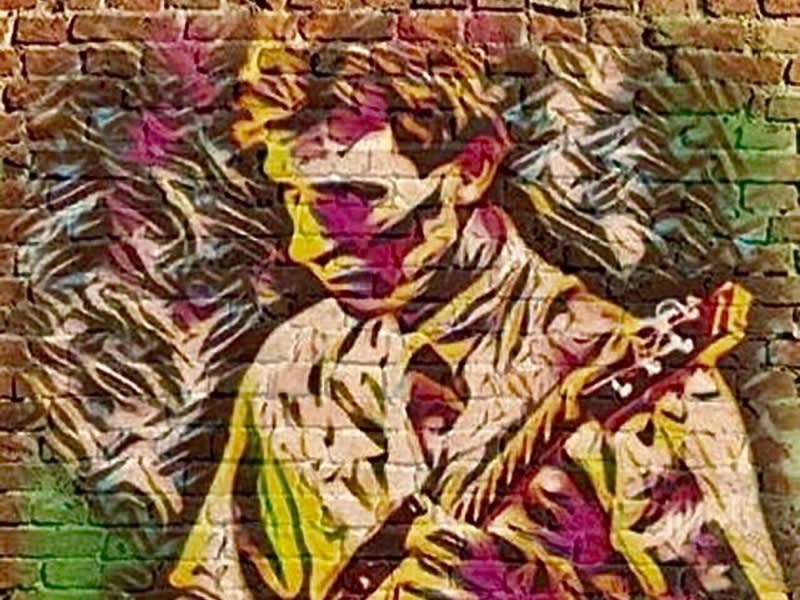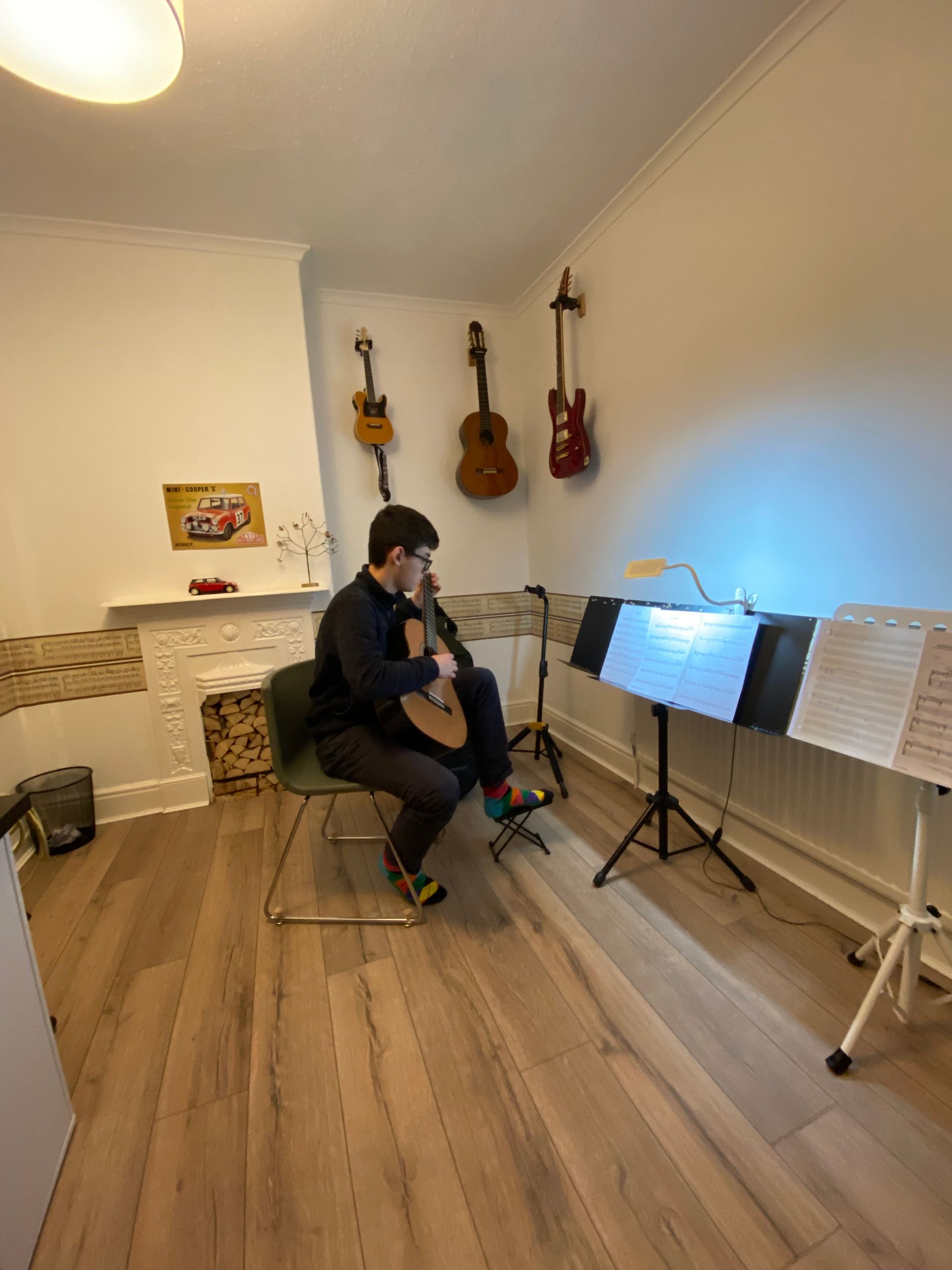TABLATURE (TAB) OR PROPER NOTATION?
21/10/2023
'TAB' (Tablature)
Tab. is very useful when working in non-standard tunings. In fact that was the original reason for its use.
However, in standard tuning it can never replace the benefits of proper notation.
Notation allows the cross-referencing between different music (in any style). That means learning where the actual notes are rather than following a pattern of numbers written by someone else.
The way something is written in Tab. is only one person's opinion of how the music should be played and because most things can be played in more than one place, Tab. never allows you to explore the range of possibilities and therefore limits your knowledge and completely negates cross referencing between similar music in the same key.
Cross-referencing allows you to use understanding gained in one piece to speed up learning in another because of shared notes and shared combinations of notes.
Tab is like when a child draws in a 'Dot to Dot' book, following the patterns already marked out by the author of the book.
The true skill is the author's, not the child's.
'Dot to Dot' books cannot teach a child how to draw and Tab is the same in music.
It's why Piano, Violin, Wind Instruments and all other instruments apart from the Lute, use proper notation.
Other benefits of proper notation are that it is possible to better understand the relationship between harmony (the chords) and melody.
Proper notation also allows the rehearsal of sections of the music and contains accurate representation of the rhythm.
Some Tab. systems now incorporate the correct rhythm notation ('Super-Tab') so why not just use proper notation???
DON'T LIMIT YOURSELF. DON'T BECOME A
'TAB VICTIM'!
Westside Guitar Studio Guitar Lessons Sheffield

Westside Guitar Studio Guitar Lessons Sheffield


